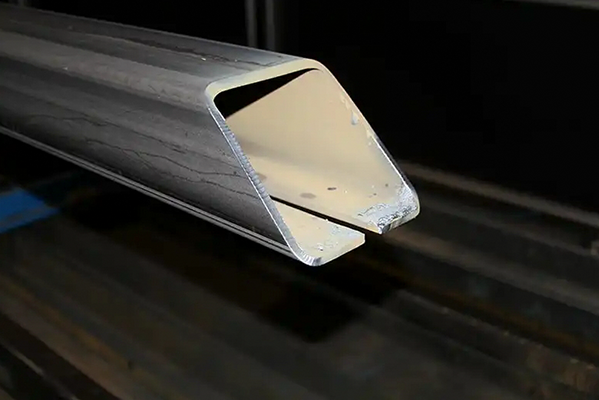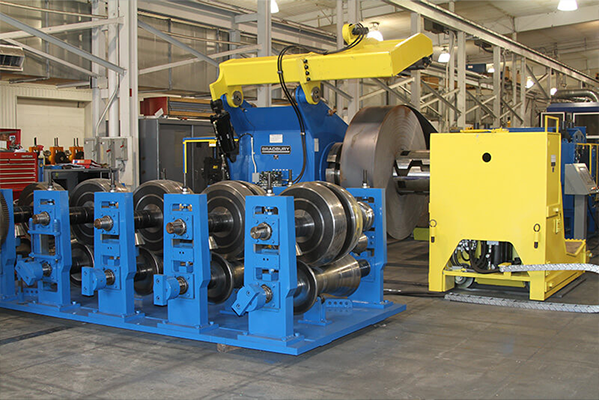Navigation Menu
Contact Us
- Email:
- info@wxavatar.com
- Address:
- Yurong Village, Yuqi Street, Huishan District, Wuxi, China.
Release Date:Apr 21, 2025 Visit:95 Source:Roll Forming Machine Factory
Steel trusses are widely used in construction due to their ability to support heavy loads over long spans. Their strength comes from a combination of material properties and structural design, making them suitable for various applications, including roofs, bridges, and industrial buildings.

1. Material Strength
Steel is known for its high strength-to-weight ratio, meaning it can bear significant loads without excessive weight. Common structural steel grades used in trusses have yield strengths typically ranging from 250 MPa to 450 MPa, allowing them to withstand substantial forces without permanent deformation.
2. Structural Efficiency
The triangular arrangement of truss members distributes loads evenly, reducing stress on individual components. This design minimizes bending forces and transfers loads primarily as tension and compression along the members, enhancing overall stability.
3. Load-Bearing Capacity
The strength of a steel truss depends on factors such as:
Span length – Longer spans require deeper trusses or additional reinforcement.
Member thickness – Heavier steel sections increase load capacity.
Connection type – Welded or bolted joints must be designed to match the truss’s intended load.
Properly engineered steel trusses can support distributed loads (such as roofing materials) and concentrated loads (such as mechanical equipment) effectively.
4. Resistance to External Forces
Steel trusses perform well under various stresses, including:
Static loads – Such as the weight of the structure itself and permanent fixtures.
Dynamic loads – Including wind, snow, and seismic activity, depending on regional building codes.
Impact forces – In industrial settings, trusses may be designed to handle occasional heavy impacts.
5. Long-Term Durability
When properly maintained, steel trusses retain their strength over time. Protective coatings and regular inspections help prevent corrosion, ensuring structural integrity for decades.

Conclusion
Steel trusses offer a reliable and efficient structural solution due to their inherent material strength and optimized design. Their load-bearing capacity, resistance to external forces, and long-term durability make them a preferred choice in many construction projects. Proper engineering and fabrication are essential to ensure they meet performance requirements.